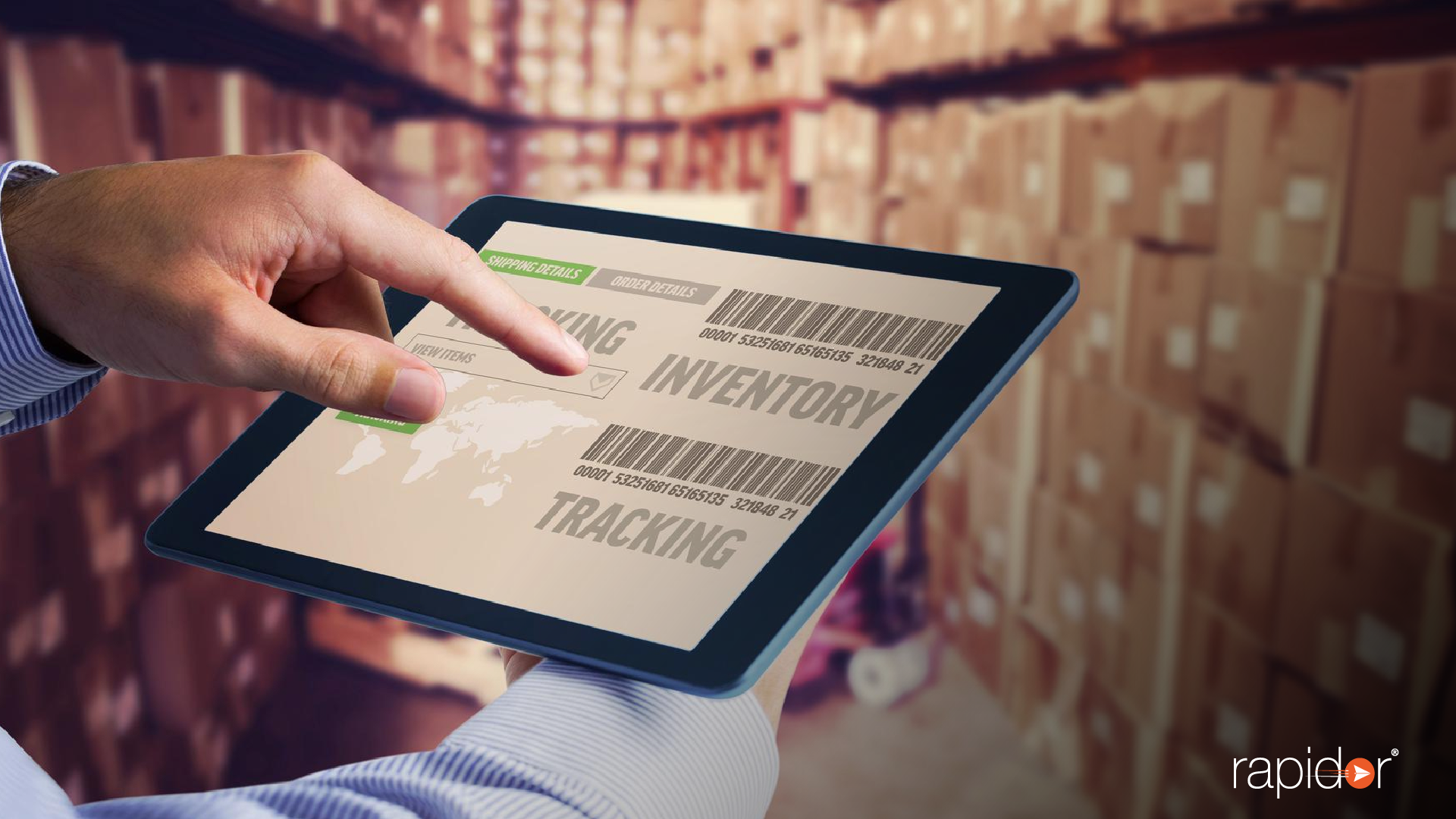In the ever-evolving landscape of retail, where consumers seamlessly traverse the digital and physical realms, the concept of “hybrid sales channels” has emerged as a game-changer.
Large enterprises today find themselves at a critical juncture, facing the imperative to harmonise their online and offline sales channels. The significance of this harmonisation cannot be overstated; it defines the ability to provide a truly seamless and gratifying customer experience.
Large enterprises, in particular, grapple with a set of unique challenges. The colossal scope of operations, the need to maintain brand consistency, and the demand for reaching a diverse and discerning customer base are just a few of the hurdles that loom large on their path to retail expansion. Meeting these challenges head-on is where the magic of the hybrid sales model comes into play.
In this comprehensive blog, we’ll unravel the importance of harmonising online and offline sales channels, shed light on the specific challenges faced by large enterprises, and introduce the concept of a hybrid sales model as the beacon illuminating the way forward.
Let’s embark on a journey to discover how this model can be your strategic advantage in the dynamic world of modern retail.
But first, let’s cover the basics.
What are Hybrid Sales Channels?
Hybrid sales channels represent a strategic approach where businesses seamlessly blend their digital and physical sales avenues to provide customers with a cohesive and flexible shopping experience.
In essence, it’s about breaking down the traditional barriers between online and offline retail and embracing the best of both worlds. Whether it’s purchasing a product online and picking it up in-store or trying out a product in the brick-and-mortar store and later ordering it from your mobile device, hybrid sales channels make this all possible.
What is the Importance of Hybrid Sales Channels in Modern Retail?
In the digital age, customers demand more than ever before. They seek not just products but also experiences.
The modern shopper values a seamless journey, whether it’s browsing products online, visiting a store, or making a purchase through a mobile app. Hybrid sales channels align with these evolving expectations by allowing customers to transition between digital and physical touchpoints effortlessly.
In a recent study conducted by Gartner, it is projected that by 2025, approximately 80% of interactions in the business-to-business (B2B) sales domain between customers and suppliers will take place through digital platforms. Given this shift towards digital engagement,
The significance of hybrid sales channels cannot be underestimated. In an era where consumers expect convenience, choice, and personalization, these channels serve as the bridge connecting those expectations with the offerings of large enterprises. They empower customers to shop in a manner that suits their preferences.
For instance, if they want to make a quick purchase online and then physically examine their choice in the store? Hybrid sales channels make this a reality.
What are the Challenges of Integrating Hybrid Sales Channels?
Expanding the retail footprint for large enterprises is a strategic imperative in today’s ever-evolving business landscape. In this pursuit, the integration of “hybrid sales channels” emerges as a complex yet critical challenge.
The dichotomy between traditional brick-and-mortar stores and the digital realm can be intricate, and it’s the very challenge that organisations must navigate for success.
Large enterprises operate across diverse sales channels, each with its own unique strengths and characteristics. Traditional brick-and-mortar stores provide a tangible shopping experience, fostering personal connections and immediate product accessibility.
On the other hand, the digital realm offers convenience, extensive reach, and the ability to gather valuable data insights.
Navigating this intricate landscape means harnessing the best of both worlds—combining the tactile experience of in-store shopping with the convenience of online browsing. It’s about creating a harmonious synergy between physical and digital retail, a synergy that forms the crux of “hybrid sales channels.”
Some of the challenges of integrating hybrid sales channels faced by large enterprises are:
- Data Integration: Merging data from online and offline sources to gain insights into customer behaviour can be a complex task. Large enterprises need to ensure that they have the tools and processes in place for effective data integration.
- Inventory Management: Coordinating inventory across both online and offline channels can be challenging. Enterprises must strike a balance to avoid overstocking or understocking products.
- Consistency in Branding: Maintaining consistent branding across diverse sales channels is essential but can be demanding. Customers should have a seamless brand experience, whether they engage with a company in-store or online.
- Technology Integration: Integrating technology solutions to support hybrid sales channels, including point-of-sale systems, e-commerce platforms, field sales management, procurement management systems, and inventory management software, requires careful planning and execution.
What are the Benefits of Using Hybrid Sales Channels?
One of the primary advantages of hybrid sales channels is the ability to provide a unified customer experience.
Imagine this scenario: a customer browses a product online, reads reviews, and then decides to visit a physical store. In a world of well-integrated channels, this transition is smooth. The customer finds the product, receives knowledgeable assistance from staff, and completes the purchase seamlessly. The experience is seamless and continuous, leaving the customer satisfied.
Some of the other key benefits of harmonising online and offline sales channels include:

- Improved Customer Engagement- When customers experience a consistent, integrated journey, they are more likely to engage with your brand. The integration of hybrid sales channels allows for personalised experiences, where data from previous interactions can be used to tailor recommendations. As a result, customers feel more valued, fostering a stronger connection with your brand.
- Increased Sales- The seamless transition between online and offline sales channels can lead to increased sales. For instance, customers may start their shopping journey online but prefer to make the final purchase in a physical store. By providing this flexibility, businesses capture more sales opportunities.
Moreover, the ability to provide detailed product information online and the tactile experience of in-store shopping complement each other, resulting in higher conversion rates.
- Broader Reach- Using hybrid sales channels extends your reach to a wider audience. Some customers prefer the in-store experience, while others favour the convenience of online shopping. By offering both, you appeal to a more extensive demographic. This extended reach can be especially advantageous in reaching local and international markets.
Can Software Solutions Support the Seamless Integration of Hybrid Sales Channels?
In the pursuit of harmonising “hybrid sales channels,” technology can emerge as the guiding light, offering the tools and solutions that make this integration a reality.
At the heart of this transformative journey are advanced software solutions designed to streamline operations and ensure consistency across diverse sales channels.
The Role of Business Management Software
Central to achieving the harmonisation of online and offline sales channels is the implementation of business management software. This sophisticated technology provides a centralised platform where data from various channels converges, offering a 360-degree view of customer interactions, inventory, and operations.
Business management software serves as the backbone of the hybrid sales model, ensuring that each sales channel functions seamlessly and efficiently. It enables large enterprises to maintain consistency in product availability, pricing, and customer service across all touchpoints.
Streamlining Operations for Enhanced Customer Experience
The integration of business management software streamlines various aspects of operations, resulting in an enhanced customer experience. For instance, inventory management software plays a pivotal role in ensuring product availability both online and offline. This ensures that customers can access the products they desire, whether they choose to shop virtually or in-store.
The benefits extend beyond inventory management. Sales management systems and van sales software empower large enterprises to deliver a seamless hybrid sales model. Cloud point-of-sale (POS) systems and automation software further contribute to a frictionless customer experience. These technologies facilitate smoother transactions, personalised service, and efficient order processing, all contributing to customer satisfaction.
Consistency Across Sales Channels
One of the primary advantages of software solutions in a hybrid sales model is the maintenance of consistency. Large enterprises must ensure that the brand experience is uniform, whether a customer engages with them in-store or online. This consistency in branding fosters trust and loyalty among customers.
In the context of hybrid sales channels, technology ensures that product information, pricing, and promotions are consistent across all platforms. Customers receive a coherent brand experience, regardless of the sales channel they choose. This consistency builds a strong connection between the customer and the brand.
In conclusion, in the dynamic world of modern retail,
…the importance of harmonising online and offline sales channels to deliver a unified and gratifying customer experience cannot be overstated. The synergy between these channels forms the foundation of a successful hybrid sales model, offering both convenience and satisfaction to customers.
As you embark on your journey to expand your retail footprint and harness the potential of hybrid sales channels, we invite you to explore the solutions offered by Rapidor.
With Rapidor, you can transform the intricate landscape of hybrid sales channels into a seamless and rewarding experience for your customers and your business.
Ready to take the next step?
Your customers are waiting for a unified and gratifying experience—let Rapidor help you deliver it.


